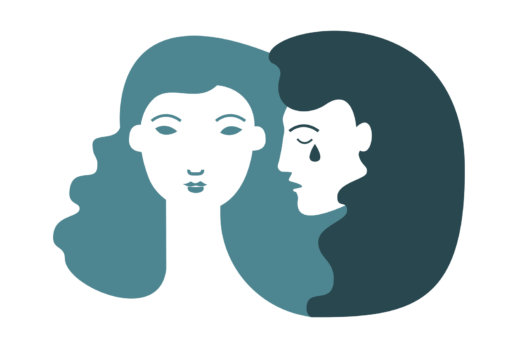During the vulnerable transition from childhood to young adulthood, many kids grapple with low self-esteem, anxiety and depression. According to the National Alliance on Mental Illness, 20 percent of adolescents between the ages of 13-18 live with a mental health condition. In fact, a recent study found that nearly 25 percent of teenage girls and almost 10 percent of teen boys suffer from depression by the age of fourteen.
When kids struggle, their emotional problems often unfold in the classroom, affecting their ability to concentrate and straining interactions with teachers and peers. Left untreated, mental health concerns can contribute to high school dropout rates. A 2001 survey conducted by the Department of Education found almost 50 percent of students age 14 and older with mental illness withdraw from school, and a recent study, published in the journal BMC Public Health discovered males with psychological disorders are five times more likely to quit attending school.
While educators often want to assist these students, many feel unsure of what to say, especially during a mental health crisis. But a community-wide intervention called Mental Health First Aid seeks to equip teachers, parents and caregivers with the information and skills they need to intervene during a mental health emergency.
MHFA training, referred to as “CPR for the mind,” teaches educators and caretakers how to recognize, understand and respond to signs of psychological distress. Educators across the country can receive “Youth” First Aid training, a unique version of MHFA teaching individuals how to recognize the psychological challenges that adolescents face.
“The course taught me how to get students the help they need, especially in an emergency," says Tori Wardrip, an art teacher at Lewis and Clark Middle School in Billings, Montana.


